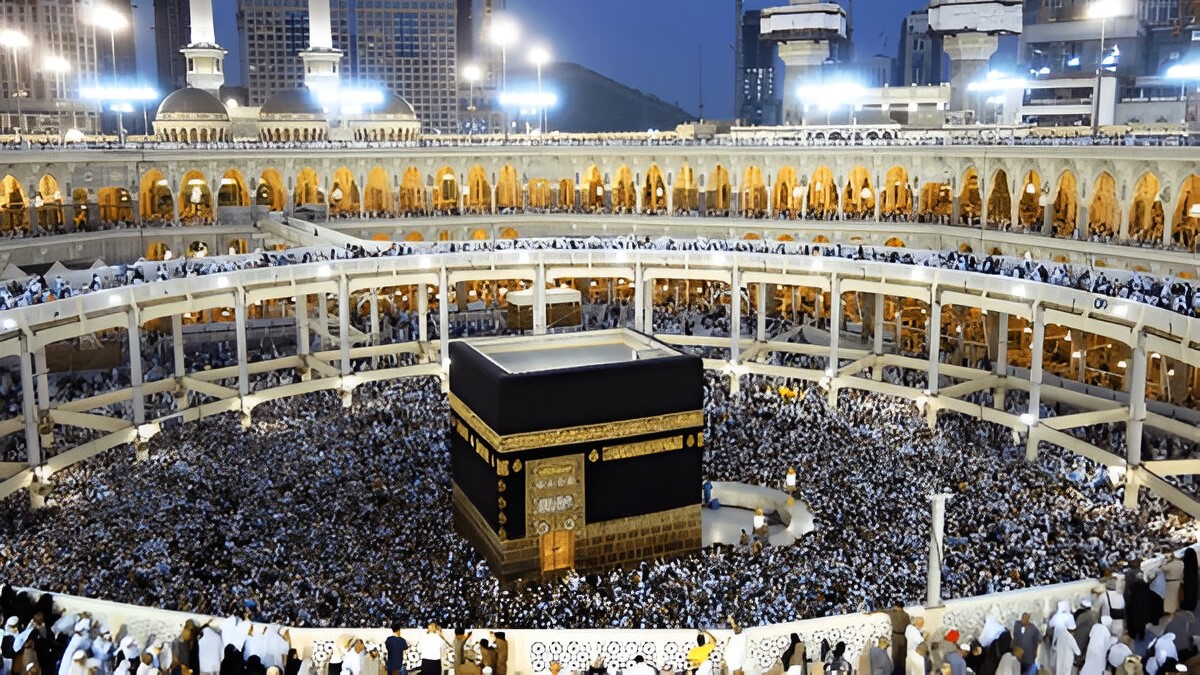
The sacred journey of Hajj is a deeply personal and spiritual pilgrimage for Muslims worldwide. In Pakistan, the government plays a vital role in facilitating this journey for thousands of its citizens through the government Hajj scheme. As of August 2025, the application process has officially commenced, with the Ministry of Religious Affairs and Interfaith Harmony opening the doors for intending pilgrims to submit their Hajj applications and Hajj dues. This article provides a comprehensive and detailed guide for all those aspiring to perform Hajj in 2026, outlining the new policy changes, the application process, and what to expect.
The 2026 Government Hajj Scheme: A First-Look at the New Policy
The Hajj Policy 2026, approved by the federal cabinet, brings several key changes aimed at making the pilgrimage more efficient and accessible. The primary focus of the new policy is on increasing transparency, improving service delivery, and digitizing the entire process. This is a direct response to issues faced by pilgrims in previous years, especially those related to private operators.
Features of the Hajj Policy 2026
Quota Allocation: A major policy shift for 2026 is the adjusted quota system. The total quota for Pakistani pilgrims remains at 179,210. However, the government Hajj scheme has been allocated a larger share of 119,210 seats (approximately 66.5%), while the private sector's share has been reduced to 60,000. This move is designed to ensure a greater number of pilgrims can benefit from the government's well-structured scheme.
Two Package Options: To cater to different needs and budgets, the government Hajj scheme now offers two distinct packages:
Long Hajj Package: A traditional pilgrimage lasting 38-42 days.
Short Hajj Package: A more concise trip of 20-25 days.
This provides flexibility to intending pilgrims in their Hajj applications.
Digitization of the Process: The entire operation is being digitized, from the submission of Hajj applications to a fully functional complaint redressal system. A "Pak Hajj App" and a dedicated helpline are also part of this initiative, ensuring that pilgrims have access to real-time information and support. This is a significant step towards a transparent and efficient government Hajj scheme.
No Age Limit: A major relief for many families is the removal of the upper age limit. However, there is a restriction on the age of children, with those born after March 1, 2014, not being eligible to apply.
The approval of this policy marks the beginning of the journey for millions of intending pilgrims who wish to submit their Hajj applications through the government Hajj scheme.
The Application Process: How to Submit Your Hajj Application and Dues
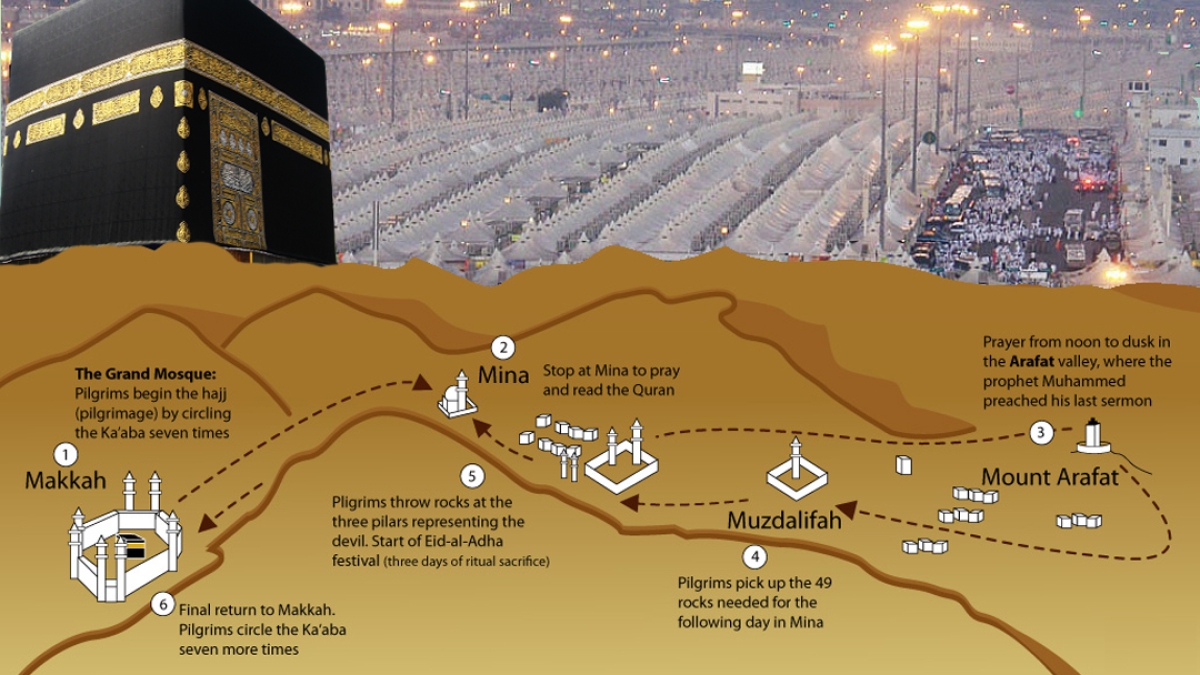
The Ministry of Religious Affairs has laid out a clear timeline for the submission of Hajj applications and Hajj dues. The process is designed to be streamlined, but it is critical for intending pilgrims to be proactive and adhere to the deadlines.
The Two-Phase Application Process
The application process is divided into two phases to manage the high volume of Hajj applications.
Phase 1: Registered Applicants (August 4 - August 9, 2025)
This phase is exclusively for applicants who have already registered with the ministry. These individuals must complete their Hajj applications by:
Verifying Details: Logging into the official Hajj portal to verify their personal and group details.
Generating PSID: Generating a PSID (Payment Slip ID) through the online system.
Submitting Dues: Depositing the first installment of their Hajj dues at any of the 14 designated banks across Pakistan.
The selection in this phase is strictly on a first-come, first-served basis, determined by the date and time of payment.
Phase 2: Unregistered Applicants (August 11 - August 16, 2025)
If any quota remains available after the first phase, new, unregistered individuals will be given a chance to submit their Hajj applications. The process will be the same as for registered applicants, with a similar emphasis on a first-come, first-served basis. It is crucial for intending pilgrims to keep a close eye on official announcements regarding the availability of seats in this phase. The ministry has made it clear that the receipt of Hajj dues will be stopped as soon as the quota is filled.
The Role of Banks and the Online Portal
The application process leverages both a network of banks and a digital portal. This dual approach provides convenience for intending pilgrims.
Designated Banks: Hajj dues can be deposited at specific branches of 14 scheduled banks. These banks have been authorized to handle the first installment of the government Hajj scheme payments.
Online Portal: The official Hajj portal allows applicants to submit their Hajj applications from home, streamlining the process and reducing the need for physical visits, except for the payment of Hajj dues.
This blended approach is a testament to the ministry's efforts to make the Hajj application process as transparent and convenient as possible.
Financial Planning: The Breakdown of Hajj Dues
One of the most critical aspects of the government Hajj scheme is the financial commitment. The estimated cost for Hajj 2026 is between PKR 1,150,000 and PKR 1,250,000, subject to final agreements with service providers. These Hajj dues are to be paid in two installments.
First Installment of Hajj Dues
The first installment is a mandatory deposit that must be paid along with the submission of the Hajj application. The amount varies depending on the chosen package:
Long Hajj Package: PKR 500,000
Short Hajj Package: PKR 550,000
This initial payment secures the applicant's place on a first-come, first-served basis.
Second Installment of Hajj Dues
The remaining balance of the Hajj dues will be collected in a second installment, with the ministry announcing the details and deadline later, likely starting in November 2025. This two-installment system helps ease the financial burden on intending pilgrims, allowing them to manage their finances more effectively.
Hajj Dues Payment Structure (Estimated)
| Package Type | First Installment (with application) | Estimated Total Cost (PKR) |
|---|---|---|
| Long Hajj Package | PKR 500,000 | 1,150,000 - 1,250,000 |
| Short Hajj Package | PKR 550,000 | 1,150,000 - 1,250,000 |
| Additional Options | (to be announced) | (to be announced) |
The final costs are subject to agreements with Saudi service providers for accommodation, transportation, and other amenities. The total Hajj dues will also be inclusive of the mandatory sacrificial offering (Dam-e-Shukr), which is now managed through the official Saudi system.
Important Requirements and Eligibility for Hajj Applications
To ensure a smooth and successful Hajj application, intending pilgrims must meet specific eligibility criteria and have all their documents in order.
Eligibility Criteria
Passport Validity: The applicant's passport must be a valid Pakistani passport with an expiry date no earlier than November 26, 2026.
Age Requirements: While there is no upper age limit, children born after March 1, 2014, are not eligible.
Vaccination: All pilgrims must be vaccinated with Saudi-approved vaccines.
Repeat Hajj: The restriction on performing Hajj multiple times has been lifted, making it easier for people who have performed Hajj before to apply again.
Overseas Pakistanis: Overseas Pakistanis can also apply under the regular government Hajj scheme by remitting their Hajj dues to nominated bank accounts.
Required Documents
A complete and accurate set of documents is crucial for a successful Hajj application. The following are the key documents that intending pilgrims should prepare:
Valid CNIC copy
Three recent passport-sized photographs (4x3 cm) with a light blue background.
A copy of the International Machine-Readable Passport (IMRP) or its token.
Nominee's CNIC copy and contact number.
A completed medical certificate.
An affidavit for females traveling without a "Mehram," if applicable, in accordance with new religious rulings.
The Journey Beyond the Application: What Happens Next?
Once the Hajj application is submitted and the Hajj dues are paid, the intending pilgrims must wait for the final selection and confirmation.
Selection and Finalization
The selection will be based on the first-come, first-served principle. Once the quota is filled, the ministry will announce the closure of the application window. The final list of successful pilgrims will then be published on the official portal and through the designated banks.
Pre-Hajj Preparations
Selected pilgrims will be required to:
Attend Training: Mandatory training sessions on Hajj rituals, logistics, and emergency protocols will be provided.
Health Screening: A final health screening and vaccination verification will be conducted before departure.
Makkah Route Initiative: Pilgrims departing from Islamabad and Karachi airports will benefit from the "Makkah Route Initiative," which completes Saudi immigration procedures at the Pakistani airports, making for a smoother arrival in the Kingdom.
The entire government Hajj scheme for 2026 has been designed with the pilgrim's spiritual journey in mind, offering a well-organized and transparent process from the moment the Hajj applications are received to the moment the pilgrim returns home. The timely submission of Hajj applications and Hajj dues is the first and most crucial step towards fulfilling this sacred obligation.
;More Travel News
-
 13-Feb-2020British High Commissioner Declared "Pakistan is Safe Country for Tourism"
13-Feb-2020British High Commissioner Declared "Pakistan is Safe Country for Tourism" -
.webp) 02-Jun-2025Hajj: A Sacred Pilgrimage – An Illustrated Guide to Its Essence and Common Questions
02-Jun-2025Hajj: A Sacred Pilgrimage – An Illustrated Guide to Its Essence and Common Questions -
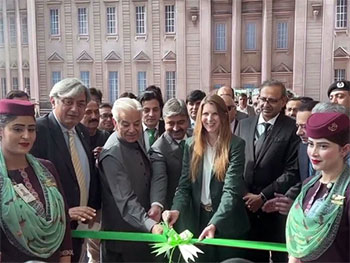 25-Oct-2025After five-year hiatus, Pakistan International Airlines (PIA) launches direct flights from Pakistan to the UK
25-Oct-2025After five-year hiatus, Pakistan International Airlines (PIA) launches direct flights from Pakistan to the UK -
 25-Nov-2020Which Company Provides The Best Tours in Pakistan
25-Nov-2020Which Company Provides The Best Tours in Pakistan -
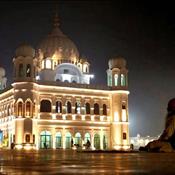 29-Jun-2020Pakistan Government Re-Opened Kartarpur Corridor For Sikh Pilgrims
29-Jun-2020Pakistan Government Re-Opened Kartarpur Corridor For Sikh Pilgrims -
 23-Oct-2025Qatar Airways Lands Inaugural Flight at The Red Sea, Saudi Arabia
23-Oct-2025Qatar Airways Lands Inaugural Flight at The Red Sea, Saudi Arabia -
 16-May-2024This Summer let us Help You to Plan a Wonderful Vacation in the Northern Areas
16-May-2024This Summer let us Help You to Plan a Wonderful Vacation in the Northern Areas -
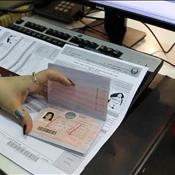 08-Feb-2023UAE Launches New Visa Validity Extension Service Online
08-Feb-2023UAE Launches New Visa Validity Extension Service Online -
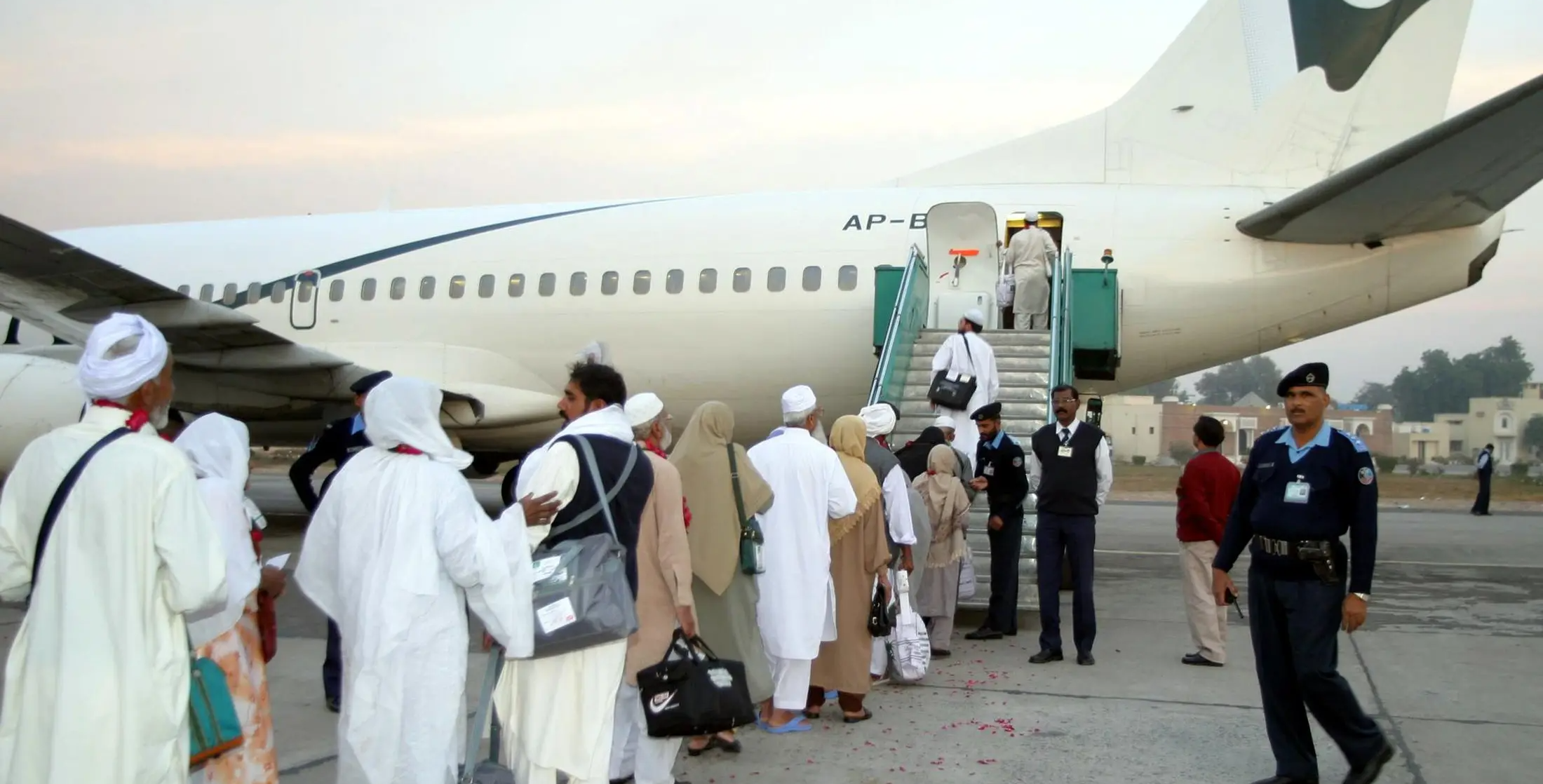 26-Mar-2025How to Find the Cheapest Flights for Your Umrah Trip
26-Mar-2025How to Find the Cheapest Flights for Your Umrah Trip -
 15-Dec-2025New Umrah Visa Rules Announced for 2026 Pilgrims
15-Dec-2025New Umrah Visa Rules Announced for 2026 Pilgrims -
 07-May-20205 Advantages of Flights And Hotel Booking In Advance?
07-May-20205 Advantages of Flights And Hotel Booking In Advance? -
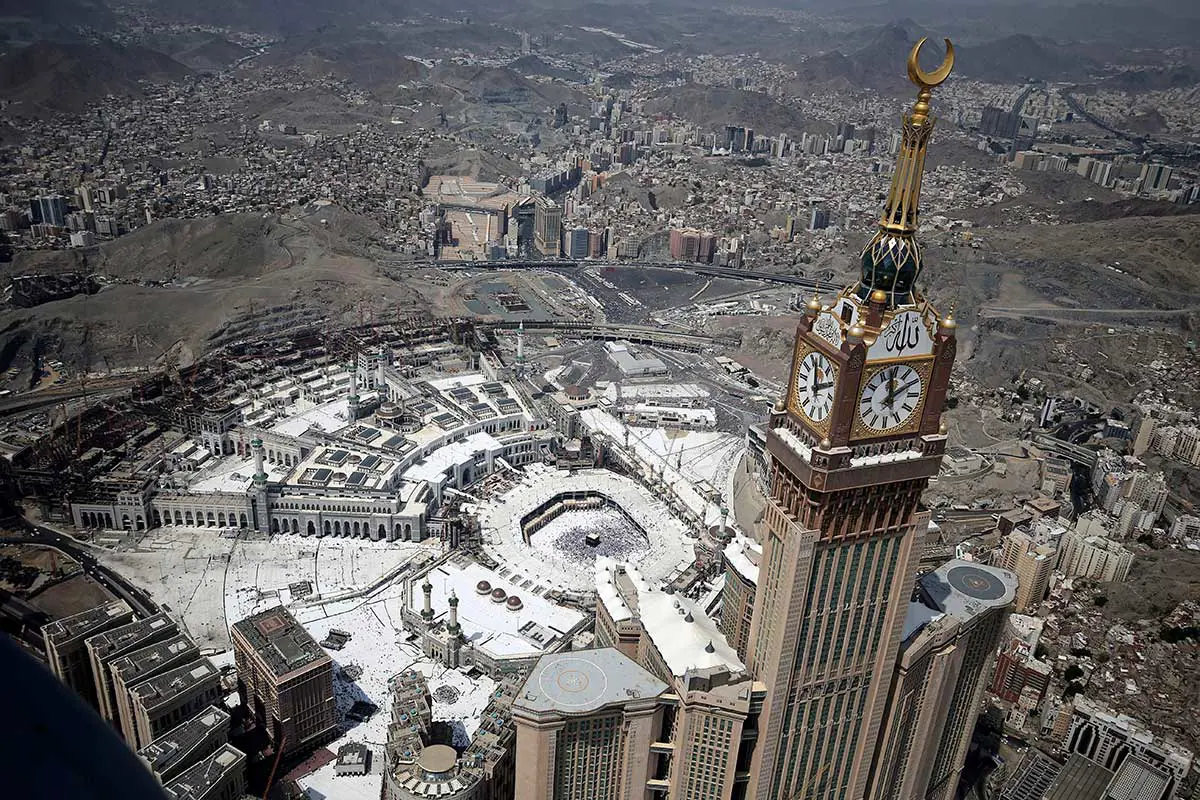 16-Apr-2025Accommodation rules updated for Hajj 2025 pilgrims, says Saudi Arabia.
16-Apr-2025Accommodation rules updated for Hajj 2025 pilgrims, says Saudi Arabia.
